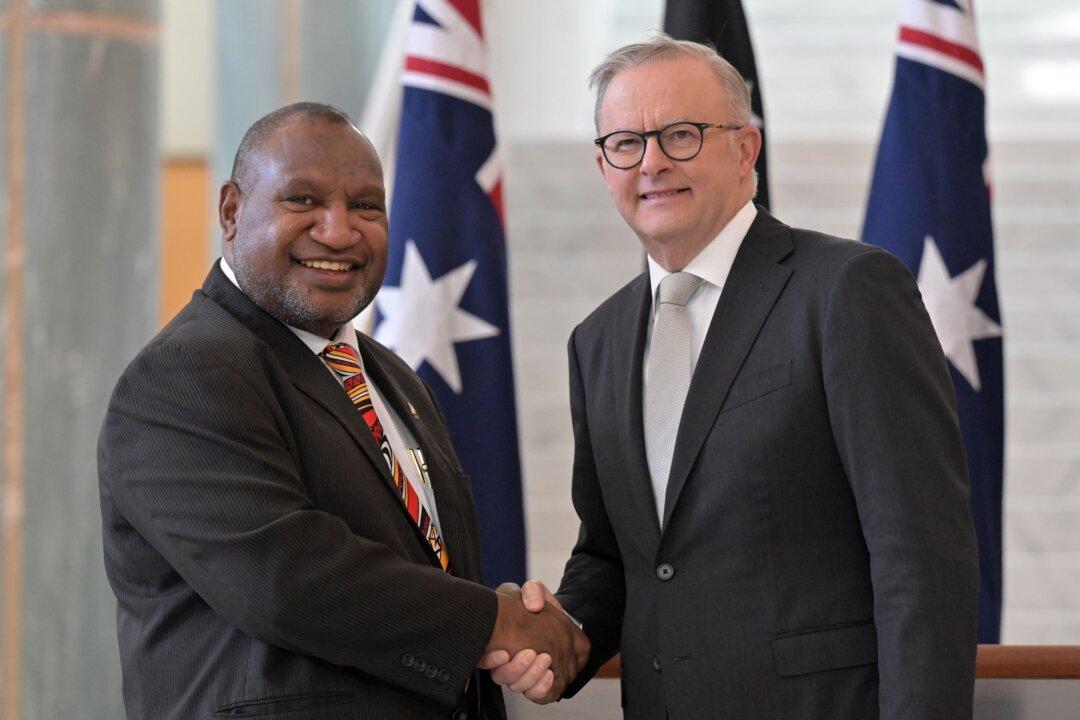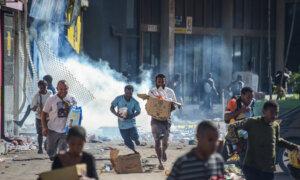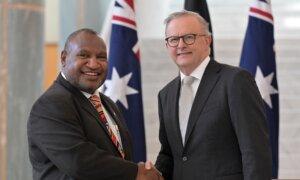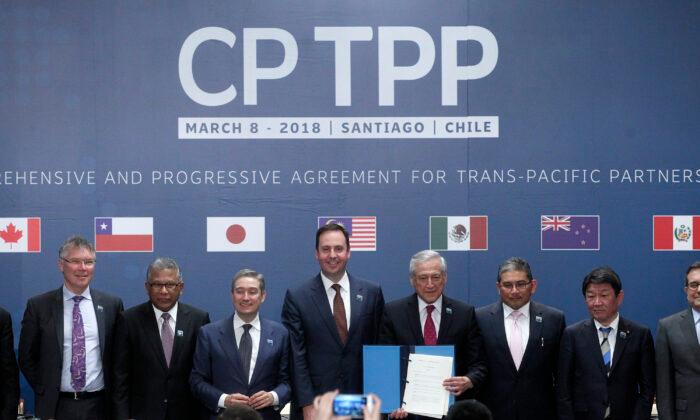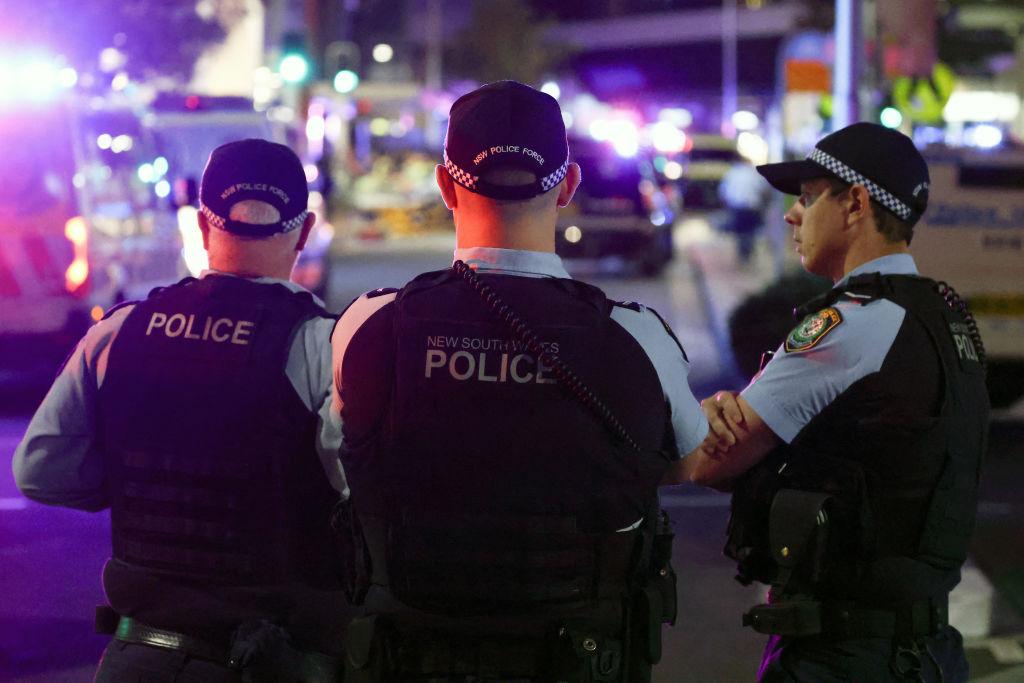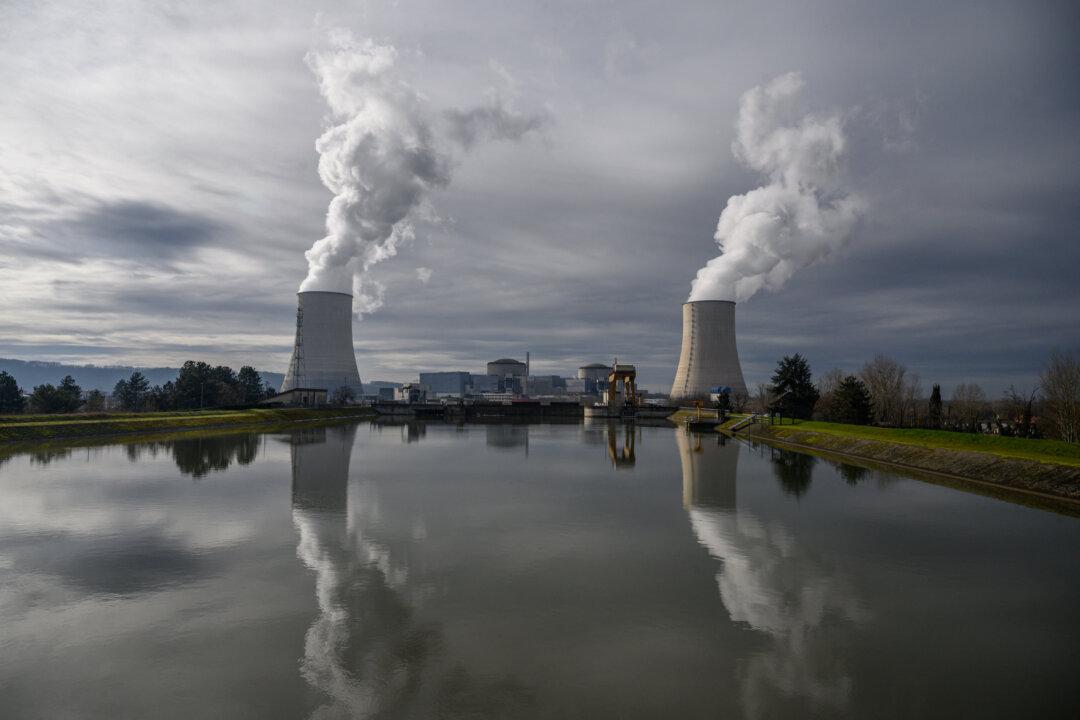In the lead up to ANZAC Day, Prime Minister Anthony Albanese will this week walk the Kokoda Track in Papua New Guinea (PNG) the scene of a gruelling battle between Australian and Japanese forces in World War II.
Mr. Albanese said he was preparing to walk “in the footsteps of giants,” by hiking the 96 kilometre (60 miles) trail today and attending a dawn service on Thursday.
“The Australians who fought here saved our continent, literally, and they stood side-by-side with their brothers and sisters in Papua New Guinea,” he told ABC TV.
“The Australians showed sacrifice and courage and extraordinary valour during what was a battle that went over many weeks and it will be an honour to pay tribute to them.”
In January 2023, Mr. Albanese became the first foreign head of government to address PNG’s parliament. Conversely, PNG Prime Minister James Marape addressed the federal parliament in Canberra.
Crucial Battlefield of World War II
The Kokoda Track played a crucial role in the Pacific theatre of the war where a series of battles took place from July to November 1942, between the Japanese advancing south towards Port Moresby and the Australian and Papua New Guinean defenders.The track, a vital supply route, became the focus of intense fighting as both sides sought to control it.
The conditions along the track were harsh and unforgiving. The rugged terrain, dense jungle, steep mountains, and harsh weather made movement difficult for both armies.
Malaria, dysentery, and other tropical diseases were rampant, further adding to the challenges faced by soldiers on both sides.
The Australians, vastly outnumbered and outgunned, fought fiercely to defend their positions and prevent the Japanese from reaching Port Moresby. The Japanese determined to capture the strategic town and cut off Australia from its American allies, launched numerous offensives along the track.
Despite the odds, the Australian forces, supported by Papua New Guinean allies and eventually reinforced by American troops, managed to repel the Japanese advance. The battle marked a turning point in the war in the Pacific, halting the Japanese advance and ultimately leading to their defeat in the region.
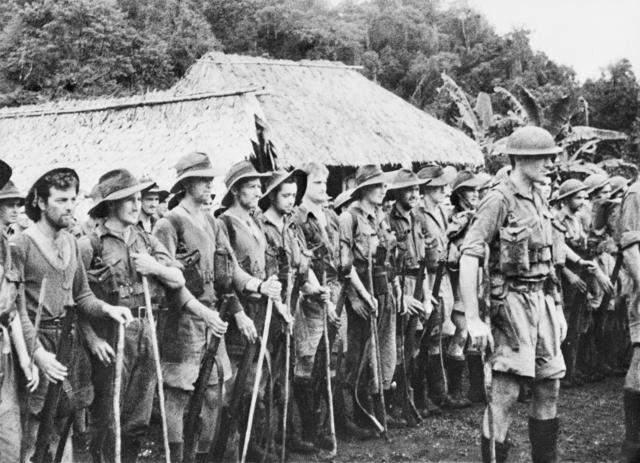
Trip to Also Focus on Beijing’s Intrusions Into Region
Mr. Albanese will also use the trip to PNG to strengthen security ties in the face of increased activity from Beijing and their growing influence in the Pacific and Melanesia.Chinese Foreign Minister Wang Yi visited PNG last week for bilateral talks on disaster relief with Mr. Marape and Foreign Minister Justin Tkatchenko after March’s 6.9 magnitude earthquake.
He appeared to aim comment at Australia when he said Indo-Pacific nations are not “the backyard of any major country.”
In 2022, Beijing unsuccessfully tried to get 10 Pacific countries to sign a regional security and free trade deal at a meeting in Fiji.
Whilst unsuccessful, a deal has been struck with the Soloman Islands to ostensibly “step up protection of the safety and lawful rights and interests”—a move that was met with concern by Western powers who see it as a smokescreen for Beijing to set up a strategic naval presence in the region.
Spooked by Beijing’s attempt to warm relations, Australia solidified its bilateral partnership with PNG late last year with the signing of a pact described as a “Framework for Closer Security Relations.”
Under the pact, Australia would come to PNG’s aid (or vice versa) if it faced a “security-related development that threatens the sovereignty, peace or stability of either Party or the Pacific region.”
In practice, the deal saw Australia commit $200 million to recruit 4,000 new police officers and supplement judiciary and correctional services.
Mr. Albanese said he was not concerned by the Chinese foreign minister’s visit to PNG saying.
Commenting on his visit to Kokoda, Mr. Albanese said the two nations were “inextricably linked” by their cooperation in WWII.
“This is a relationship that has never been closer, as symbolised by the fact that we'll be walking side-by-side down the Kokoda Track,” he said.
“We want the Pacific family to look after security in this region. But I am very confident that PNG has no stronger partner than Australia.”